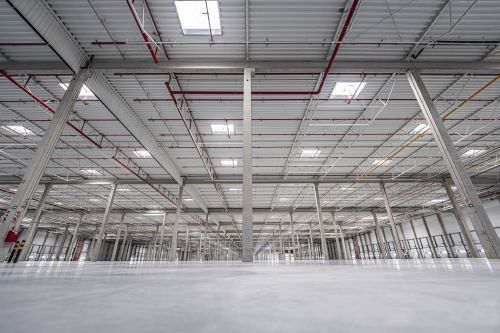The bill entitled ‘the transformation of the right of perpetual usufruct into the right of ownership for land that has been built upon for the purposes of residential use’, which will in effect abolish perpetual usufruct, has been approved at the committee stage in the Seym and now awaits its second reading. In all probability around 2.5 mln households are from the beginning of next year to become owners or co-owners of the land on which their homes stand. Here are the answers to the most important questions regarding the transformation of perpetual usufruct into the right of ownership.
1. Will the conversion of perpetual usufruct into ownership be obligatory and who will it affect?
The conversion will be mandatory. By law, all those who use land on the basis of perpetual usufruct will become the owners of the plot, provided it is used for residential purposes. This will be automatic and no consent is required. The change will apply to land, on which stand both buildings




























































Strong warehouse sector whilst capital cautious and offices yet to rebound
Strong warehouse sector whilst capital cautious and offices yet to rebound
Poland’s commercial real estate market enters 2026 in good health and with solid growth potential. Warehouses remain one of the strongest sectors in Europe, while constrained ...
Newmark Polska
The end of greenwashing as flex grows in strength
The end of greenwashing as flex grows in strength
The office sector is entering a period of deeper qualitative and financial scrutiny. Decisions regarding new projects, refurbishments, or leasing are now supported by more thorough ...
Walter Herz
The quiet revolution in Małopolska
The quiet revolution in Małopolska
Developers across the region are increasingly favouring heat pumps and photovoltaic systems over traditional gas boilers in warehouse construction. This shift marks a growing commi ...
Axi Immo